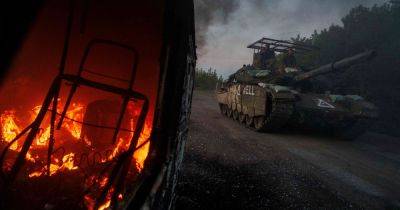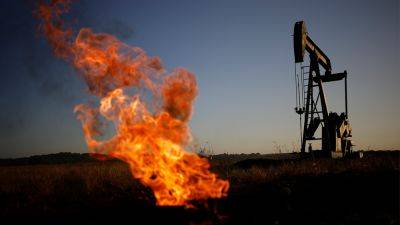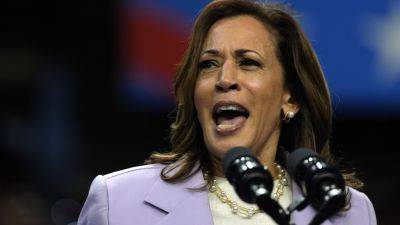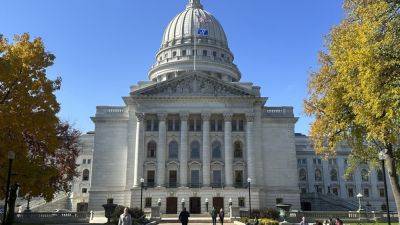The threat of climate change demands something more than thoughts, prayers and excuses
As another Canadian summer brings another round of natural disasters — wildfires in British Columbia, Alberta, Manitoba and Newfoundland, flooding in Toronto and Quebec — there is a risk of the political responses to these calamities becoming rote.
Thoughts and prayers are offered. An official response is mounted. Support for reconstruction is promised. And then the political discussion moves on.
«The political pressure will disappear as soon as the fires do,» political strategist and pollster David Herle said near the end of a recent episode of his eponymous podcast that featured two wildfire experts. «It's just easy in politics to forget about things that aren't burning at the moment.»
It's certainly possible that the latest disasters will soon recede from memory, at least for those Canadians whose homes and communities haven't been flooded or burned. But as the effects of climate change become more and more apparent, it becomes harder to view these storms and fires the way we might have a decade ago — as singular "acts of God" that can be blamed on bad luck or unusual circumstances.
And the more these disasters happen, the greater the likelihood that voters will start asking governments what they could have done to mitigate or prevent them.
When that happens, political leaders will need to answer two questions. What are they doing to reduce the amount of unavoidable damage caused by climate change? And what are they doing to to prevent even more extreme climate change from happening?
In policy terms, these two approaches are known as adaptation and mitigation — adapting to a changing environment and reducing greenhouse gas emissions to mitigate future climate change.
In the wake of the Jasper wildfire last month, some asked







